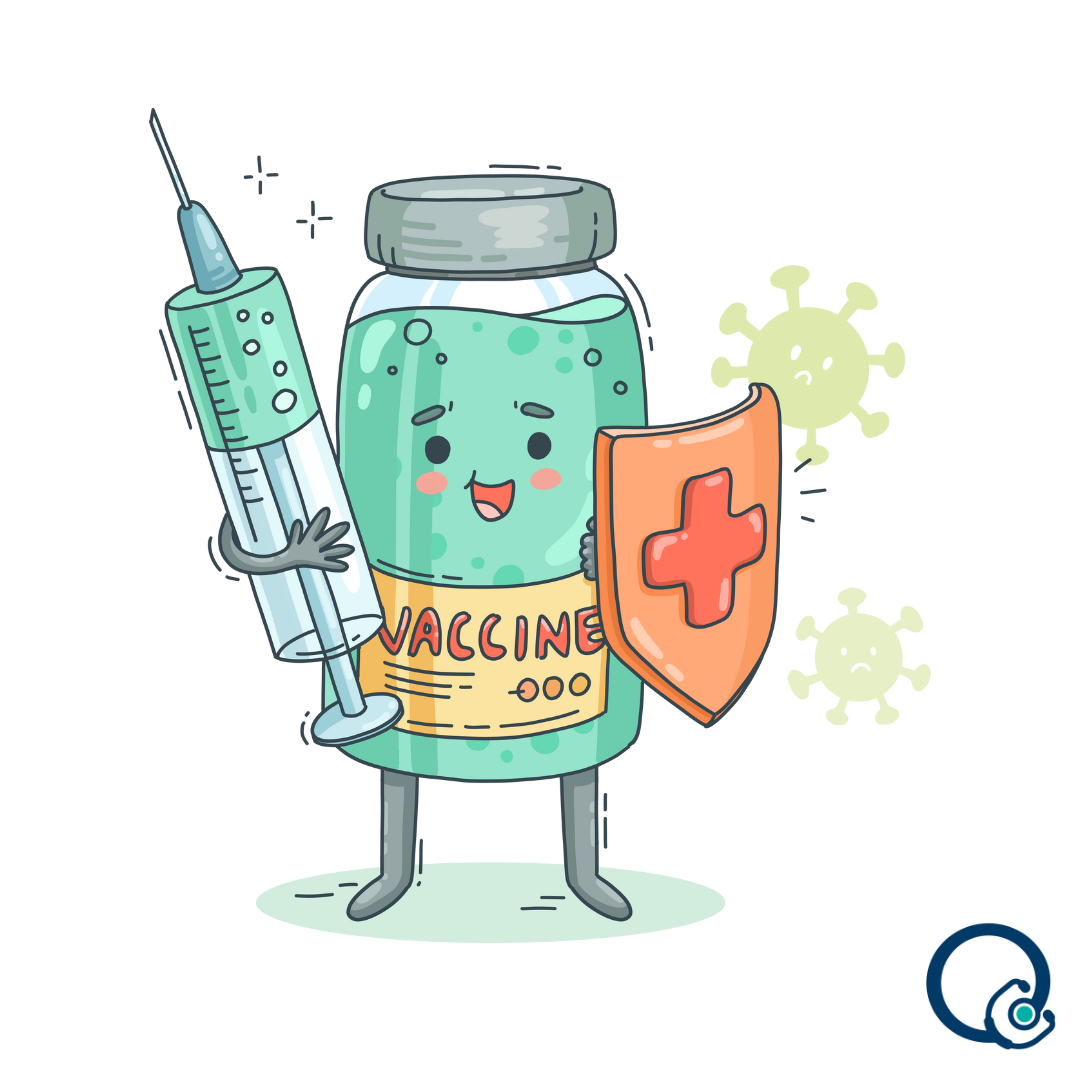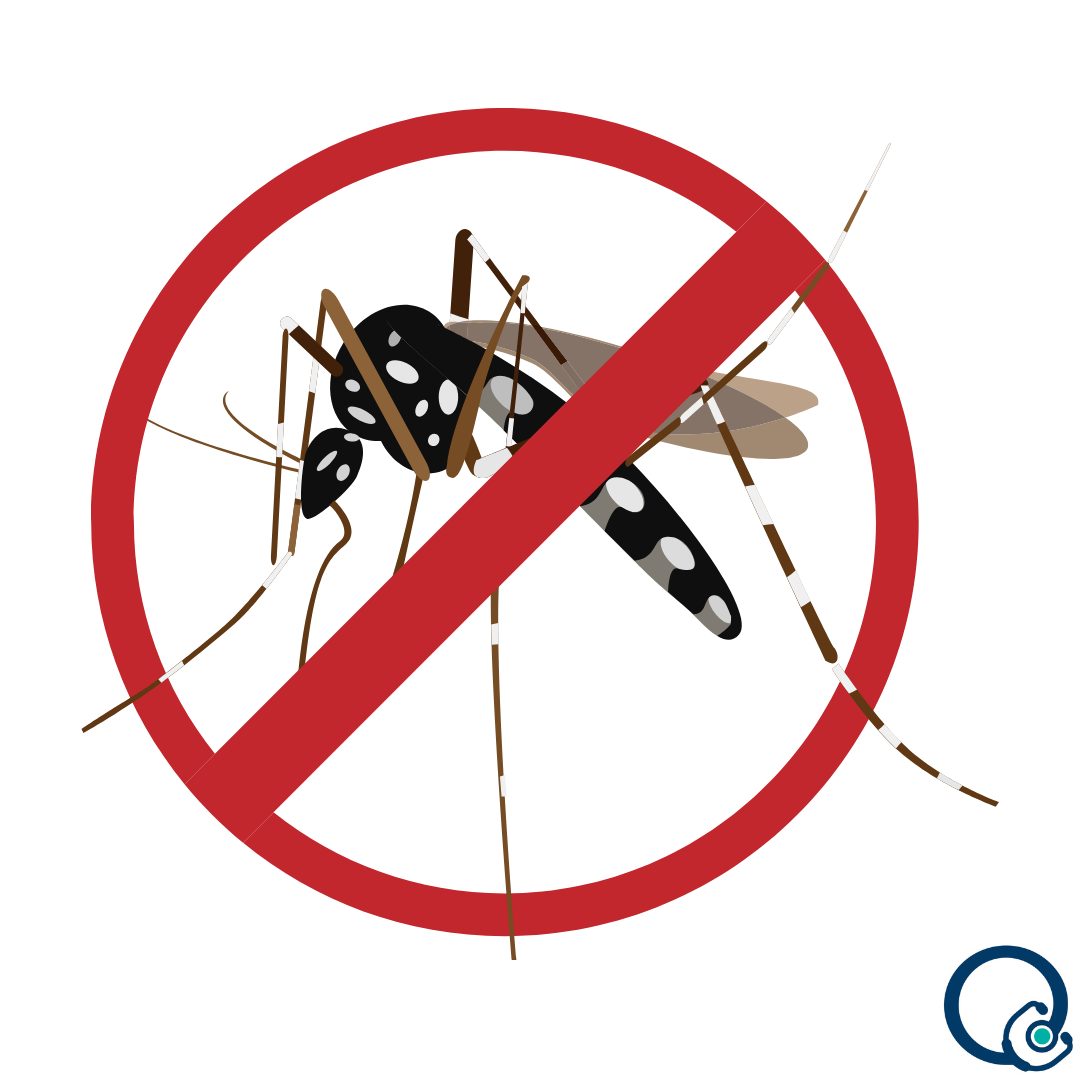
A new wave of vaccine distrust – why post-Covid attitudes are resulting in decreased routine vaccinations.
Routine vaccination for certain communicable diseases is an effective public health intervention that prevents the transmission of infectious diseases. So why is there is reduction in the uptake of routine childhood immunisations over recent years?
One such suggestion is “Vaccine fatigue and complacency”; individuals in HIC (high-income countries) no longer have direct experience of how dangerous viruses such as measles can be. With childhood vaccination rates falling, the incidence of outbreaks has increased, with measles resurgence coming to Canada. The culprit is usually due to parental ‘vaccine hesitancy’, in which parents of vaccine-age children are undecided due to the amount of information and misinformation available through online resources.
Another reason why we are seeing a resurgence in the diseases that were previously eradicated in Western Europe, such as measles (The World Health Organisation declared Measles eradicated in Western Europe in 2016); or nearly eradicated such as pertussis (whooping cough) is due to the general global distrust of vaccines. This distrust has been expedited since COVID-19 vaccines were rapidly produced and disseminated to the global population. The research now shows that the vaccines served their purpose, helping people clear the virus, cutting the risk of severe disease and death. However, despite this affirmative research, there is still distrust, rumour and concern relating to these vaccines.
COVID-19 renewed the focus of the politics of vaccine refusal and according to public health experts, vaccine hesitancy stems from either knowledge deficits, influences by vaccine hesitancy movements and barriers to vaccine access. There is also increased neoliberalisation of healthcare in our current individualist culture, in which we have little concern for the “herd” in herd immunity (that is until we are directly affected).
There is also the continued issue of state control versus personal liberty. Since the birth of vaccines over 200 years ago, there has been continued debate surrounding personal choice when there have been mandatory vaccines. In Canada, the provinces of Manitoba, New Brunswick and Ontario have various mandatory vaccines for school-age children.
As with any medical intervention, there is always a risk versus benefit and there is a potential risk of side effects with vaccine administration and those in receipt of vaccines (or those who have parental responsibility) should have complete informed consent by a medical professional versed in the side effects of the specific vaccine and risk of administration to the individual.
The World Health Organisation estimates that over the last 50 years, at least 154 million lives have been saved globally due to the administration of vaccines, with the vast majority of these lives being infants (101 million). One such vaccine, which has been classed as a ‘game-changer’ by the World Health Organisation are Oral Cholera Vaccines such as Dukoral. These oral vaccines are a cornerstone in the global action plan for Ending Cholera: A Global Roadmap to 2030. It is currently estimated that every year there are 1.3 – 4.0 million cases of cholera worldwide, with between 21,000 and 143,000 deaths. Cholera is a serious disease, causing severe acute watery diarrhoea and severe dehydration. At QuickDoc, we are able to offer Dukoral, an oral vaccine against Cholera and LT-producing ETEC diarrhoea through our travel medicine platform, to help protect those individuals travelling to endemic areas.
Let us know your opinions on vaccines, what are your thoughts?



